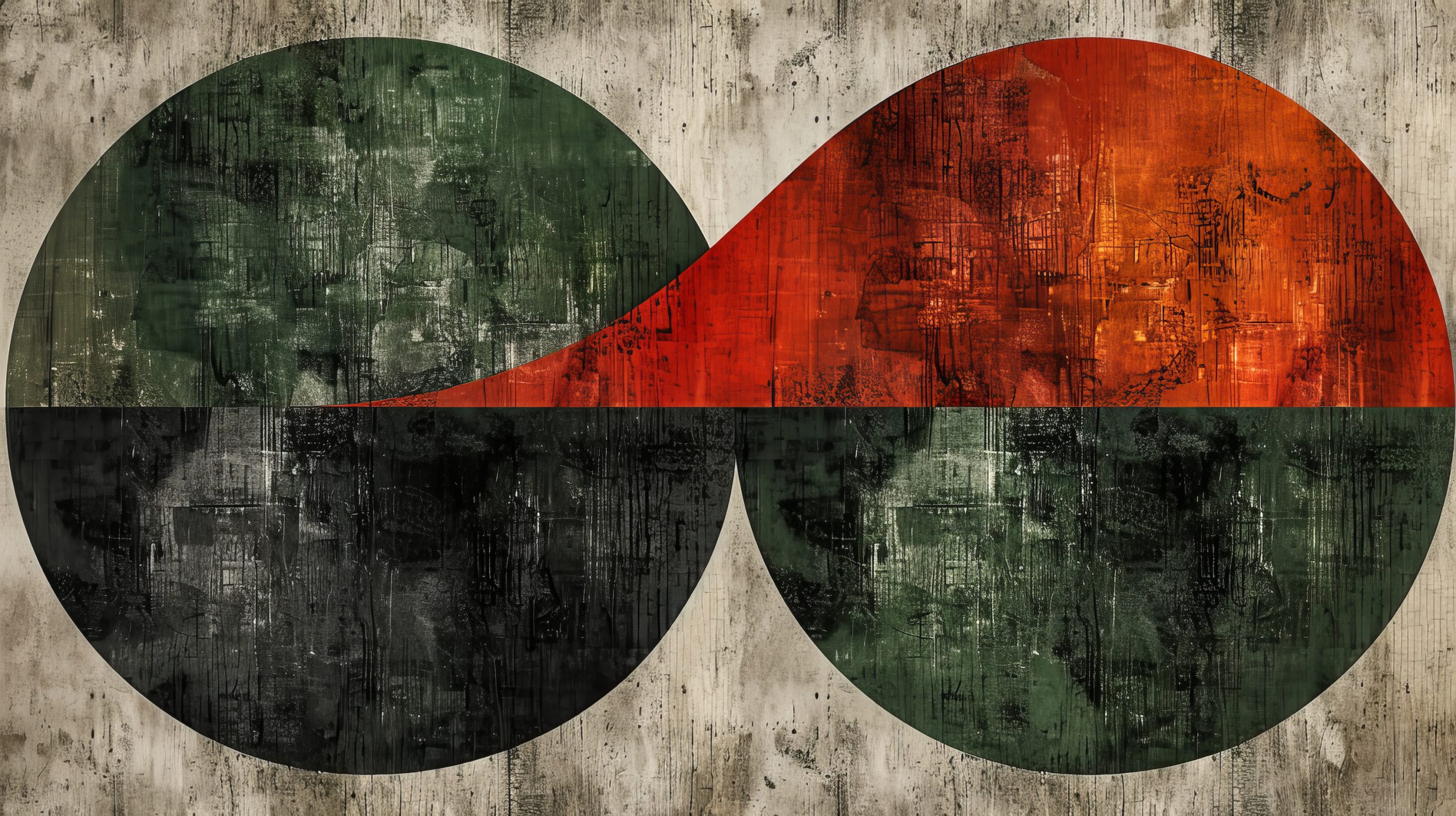A client once shared that after a heated exchange with her sister, she fired off a long text late at night. At the time, it felt impossible to wait. She wanted her point to be heard and the tension to be resolved right away. By morning, she felt sick with regret. The words were harsher than she meant, and instead of bringing closeness, they created even more distance.
Urgency is where I see the most regret and the strongest wish for a do-over.
How many times have you sent a message too quickly, only to wish you had held back? Or rushed into a conversation before you were ready and later realized you could have said things differently? Urgency has a way of pulling us into action that feels necessary in the moment, but most of the time it has no real basis in fact. It is simply a feeling that we want to escape instead of endure.
The problem is that urgency tricks us into believing we must respond right now. Family dynamics are a perfect example. A loved one says something that stirs up anger, sadness, or guilt, and suddenly it feels like silence equals surrender. But when we rush to answer, we often add more heat than light to the situation. The message gets tangled, the other person feels misunderstood, and we are left with regret.
Urgency shows up in other parts of life too. We make impulsive purchases because the sale ends at midnight. We say yes to commitments we don’t have the bandwidth for because someone is waiting for an answer. We make quick decisions at work to get rid of the discomfort of not knowing what to do. In all of these moments, urgency is in the driver’s seat, and clarity gets left behind.
The good news is that we are not powerless. We are empowered when we take a pause and let things breathe. The pause creates space for our nervous system to calm, for our values to come forward, and for our words and choices to line up with who we really are.
Pausing does not mean ignoring or avoiding. It means choosing to respond rather than react. Sometimes a pause is as simple as taking a few deep breaths before answering. Other times it looks like giving yourself a few hours or even a full day before making a decision.
The next time you feel urgency rising, try asking yourself:
- Does this truly need an immediate response?
- What would happen if I waited?
- How do I want to feel about this choice tomorrow?
Urgency loses its grip when we remember that time is often our ally, not our enemy. By allowing things to breathe, we create room for wisdom, kindness, and clarity to lead the way.











